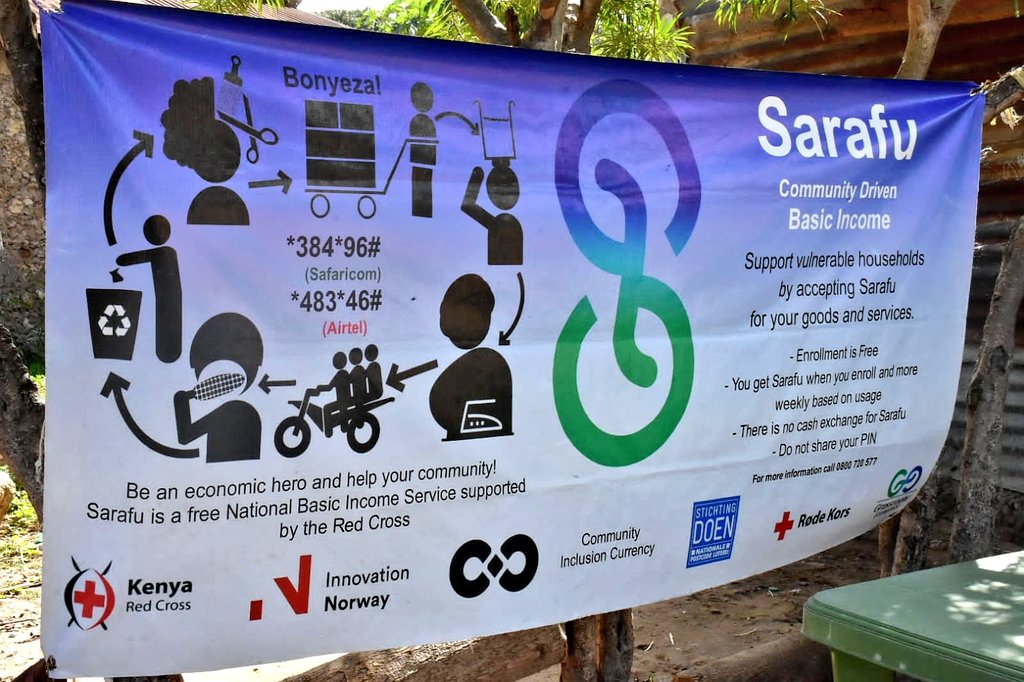Grassroots Economics (GE), a Kenya based non-profit foundation behind the Sarafu Network Community Inclusion Currency has announced its moving to the Celo ecosystem.
Going forward, Grassroots Economics will build and issue its blockchain-based Sarafu token on the Celo blockchain, a global payments infrastructure that makes financial tools accessible to anyone with a mobile phone.
Grassroots Economics has developed a blockchain-based system for distributing vouchers and tokens to communities in Kenya and South Africa as part of their Community Information Center (CIC) program. These tokens can be transferred using USSD, which allows them to be used even by people without internet access. The non profit has also partnered with key organizations such as the Red Cross, UNICEF, and the World Food Program to help distribute the tokens.

The exchange of sarafu credits allows people to save on their local currencies & use the credits to buy & sell products/services within their community.
Transitioning to Celo
Before moving to Celo, Grassroot Economics issued the Sarafu tokens on its own self-hosted The Ethereum Virtual Machine (EVM) sidechain.
Grassroots Economics has been in search for the ideal blockchain platform that provides the benefits of a public blockchain such as security, decentralisation and liquidity, and low gas fees.
According to the founder of Grassroots Economics Will Ruddick, Celo’s existing and thriving ecosystem in Kenya is one of the main reasons they made a move to transition. This means that GE could potentially get marketing support and open source contributions from the community. Celo already has a number of initiatives ongoing in Kenya such as the Africa Web3 Fund, DeFi employer-based lending pilot project, Nuzo’s Blockchain-powered eCommerce, among many other projects.
“We’ve been asking chains to help us with running and/or staking on a validation node, for years, so that we can guarantee gas to users. This is the first time a public chain has accepted our request to become part of their infrastructure and offer free services to marginalized communities as a humanitarian solution and means that we can be part of the Celo community of service providers.” Will Ruddick said in a blog post.
ALSO READ MORE ABOUT SARAFU; How African Digital Currency Innovation Found Roots in a Village




